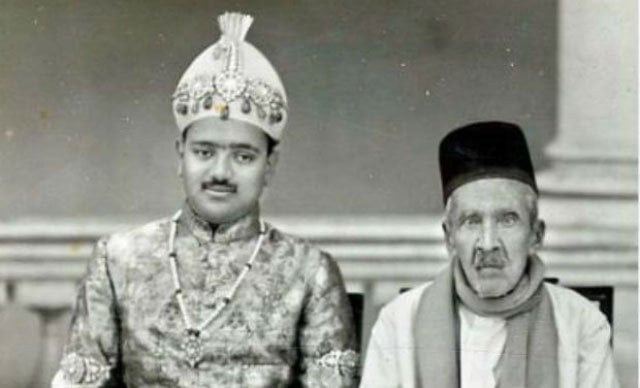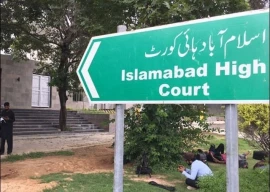
India had laid a claim to the money which has been sitting in a bank account in the name of the High Commissioner of Pakistan since September 20, 1948.
“The 75-page judgment of Henderson J is a clear vindication of Pakistan’s principled stance, and the effective legal strategy being pursued by the new legal team,” said the Foreign Office in a statement.
Experts hope NSG will adhere to unbiased approach
India failed to convince the court that Pakistan’s position was untenable and that it could show no legal entitlement to the £35 million, it said.
The judge accepted there was good evidence in support of Pakistan’s claim to the money, which needed to be fully considered at a trial. The judge also accepted that there were good legal arguments which supported Pakistan’s position.
The legal team, led by Khawar Qureshi QC, advanced strong legal arguments and placed before the judge cogent evidence, which defeated the Indian argument that Pakistan’s claim to the money was not valid.
The judge heard arguments advanced by Pakistan’s lead counsel and considered evidence. India and the Nizam’s family could not assert that Pakistan’s claim to the money was without a basis.
Pakistan unlikely to budge on new border rules
Events in 1947-48 were very tense. The State of Hyderabad, which the judge accepted was a sovereign state at the time, was in danger of being attacked and taken over by India, and had called upon Pakistan for assistance.
The UK government archives record growing concern voiced by British officials at the conduct of India towards the state and its people. India had imposed a blockade of Hyderabad, preventing supplies of medicines and food from entering the state in a bid to force the Nizam to announce accession to India. When the Quaid-i-Azam passed away, India seized the opportunity to invade and quickly subjugate the 7th Nizam.
“Pakistan had emerged from partition with only 3% of the weapons it was entitled to. Nevertheless, it came to the aid of Muslims when India sought to annex the State of Jammu and Kashmir – a bloody conflict ensued which is still costing innocent lives.” It said.
The evidence of assistance that was placed before the court came from the official British archives. They uncovered contemporaneous British intelligence reports and British government documents, which recorded in great detail the knowledge on the part of the British government of this assistance.
India dismissed these materials even though they came from British intelligence sources and argued that because the 7th Nizam had asked for the return of the monies within days of its transfer to Pakistan, he must be taken not to have consented to it being handed over to Pakistan.
The judge observed that it might be naïve to expect the Nizam to have been acting of his own free will after India had invaded his country, and forced him to surrender and hand over power.
The case will now proceed to trial, unless settled. India will face a substantial costs claim, as a result of losing its applications.
Pakistan offered to mediate in front of retired Law Lords – Lord Hoffman and Lord Hope – in July 2015, but India refused on the basis it believed Pakistan’s claim was not valid.
“Pakistan remains committed to resolving all disputes through negotiation, and believes the road to peace and progress lies in dialogue,” said Foreign Office spokesperson Nafees Zakria. “If the case does not settle, Pakistan is fully confident that its legal team will prevail,” he added.
Published in The Express Tribune, June 22nd, 2016.














1710998259-0/pti-(1)1710998259-0-270x192.webp)


























COMMENTS (30)
Comments are moderated and generally will be posted if they are on-topic and not abusive.
For more information, please see our Comments FAQ